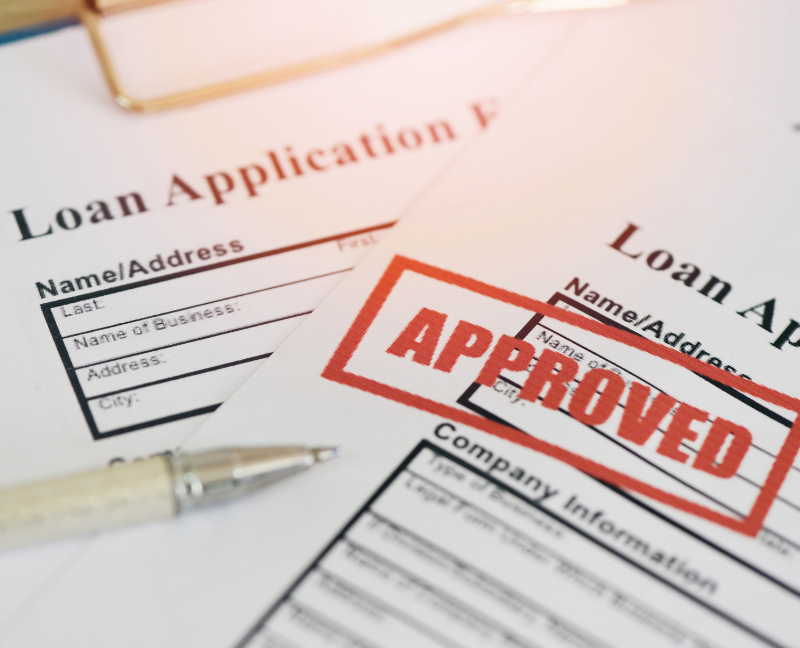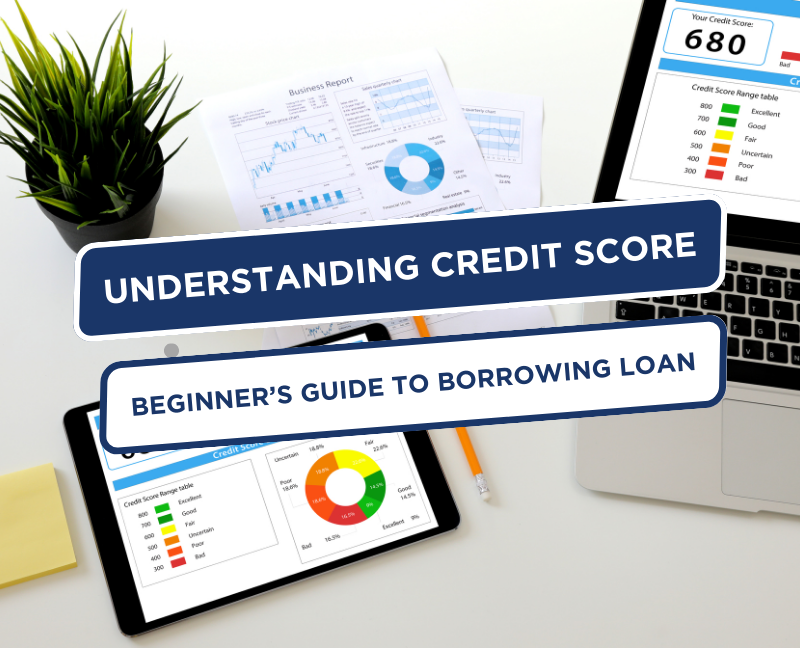If you're borrowing a loan whether to buy a house, car, or other purpose, having a good credit score is a must.
Having an excellent credit rating helps not only with the lender's decision; it also gives you access to better interest rates and repayment terms. Getting good credit scores also unlocks access to the best rewards like a credit card that offers cash back, luxury benefits, and travel perks.
But first, what does a good credit score look like?
Your credit score is determined by the lender using several factors, such as your new and current credit, payment history, the amount owed, etc.
Credit scores range from:
- 580 to 669 are considered fair
- 670 to 739 are considered good
- 740 to 799 are considered very good.
- 800 & higher are considered excellent.
On the other hand, there's a bad credit rating. A bad credit score is usually a result of missing out on payments like your monthly bills, loans, or credit card. So basically, a poor credit remark is when you have a lower-than-average credit score, and it can have a big impact when you try to apply for new credit.
What does it mean to have a bad credit score?
When borrowing a loan, lenders will want to know your "creditworthiness," and they do this by checking information through your credit report. They will know if you’ve paid your loans on time, how you treated your past debts, and your existing loans (if there are any), which can indicate how you will likely pay the new debt.
Having a low credit score often means having a lower chance of getting the lender's approval; however, there are loan providers who might still let you get the loan but at the expense of getting higher interest rates since your credit score represents a higher risk.
What should you do when you have a bad credit remark?
- Get a copy of your credit score and make plans to improve it. Being aware of what are the positives and negatives of your credit score report will help you not to make those mistakes again. Check every information and if you see that some needs to be corrected, do it as soon as possible so it won’t continue to affect your credit score.
- Consolidate your debts. Consolidating your debt and paying if you can, will minimize the number of open credit accounts listed on your credit report and will make it easier for you to handle fewer payments.
- Search for different options. Consider looking for lenders with different credit approach assessments.

Poor Or Fair Credit
Low credit scores, which range from 300 to 579, have a great impact on your chances of applying for credit, influencing the type of loan and products you’ll be approved for. It will also have an overall impact on your financial life.
Fair credit scores, which range from 580 to 669, could also hurt your chances of getting approved for loans. And if ever approved, you're most likely to get less favorable loan terms, such as high-interest rates or annual fees compared to those who have good credit scores and limited card choices.
Getting a poor or fair credit score makes it difficult to accomplish your goals because having low scores reduces your chance for a loan and less likely to have financial assistance. You should take action as soon as you can and work to have good credit. Pay on time, limit yourself from getting unnecessary things you won’t be needing and if possible don’t go all out with your credit limit. By doing so, you're increasing your chance of getting approved.
Why Is Credit Score Important?
Private loan providers or banks will use your credit score to determine if you will be offered a credit card, mortgage, vehicle loan, or other credit products. This also helps them determine the interest rate and the credit limit you receive based on your capability to pay.
How To Keep Credit Score Healthy?
- Be smart when applying for credit.
- Limiting your credit applications is one way to keep your credit score healthy. Applying for credit frequently can make lenders think that you’re overly reliant on credit.
- Do research first to find out when the credit inquiry will be completed on your credit file. Your credit report will show how many times you’ve tried to access your credit, checking it many times can make an impact on your rating. Get only loans you can pay.
- Make adjustments and talk to your lender if you’re having a difficult time paying the loan.
- Spend within your limit. Swiping your card until you reach your max is a big no-no. A lower percentage on your limit is better than maximizing it. Turning down your credit limit will increase your credit score as a result
- Know your priorities. Make sure that you’re done with your existing debt before applying for a new one.
- Monitor credit for any fraudulent activities. Don’t be a victim of online scammers or phishing. Be vigilant and always observe. If you gave all your information it will be likely that you’ll go deep into debt.
Difference Between Good and Excellent Credit Score
Excellent means extremely good. It is the highest tier of credit score you can have. Many of the best lenders or credit card companies require you to have good or excellent credit. If you want to benefit from annual statement credits, luxury and travel perks, and many more, you’ll need to have at least good credit. Meanwhile, if you have an excellent credit score, you can maximize approval odds and have a high chance to get the loan.
However, having an excellent credit score doesn’t guarantee you’ll get approved. Aside from having an excellent credit rating, there are also some factors to look for, such as your income, monthly payments, and financial picture.
Bottom Line
Your credit score is more than just a number. It can have a big impact on your life. That's why you should take simple steps to avoid getting poor credit remarks. If you want to know your status or where you stand, some credit bureaus can help you check your score regularly.
To learn more about credit ratings or mortgages, feel free to visit our website or leave a comment below.

